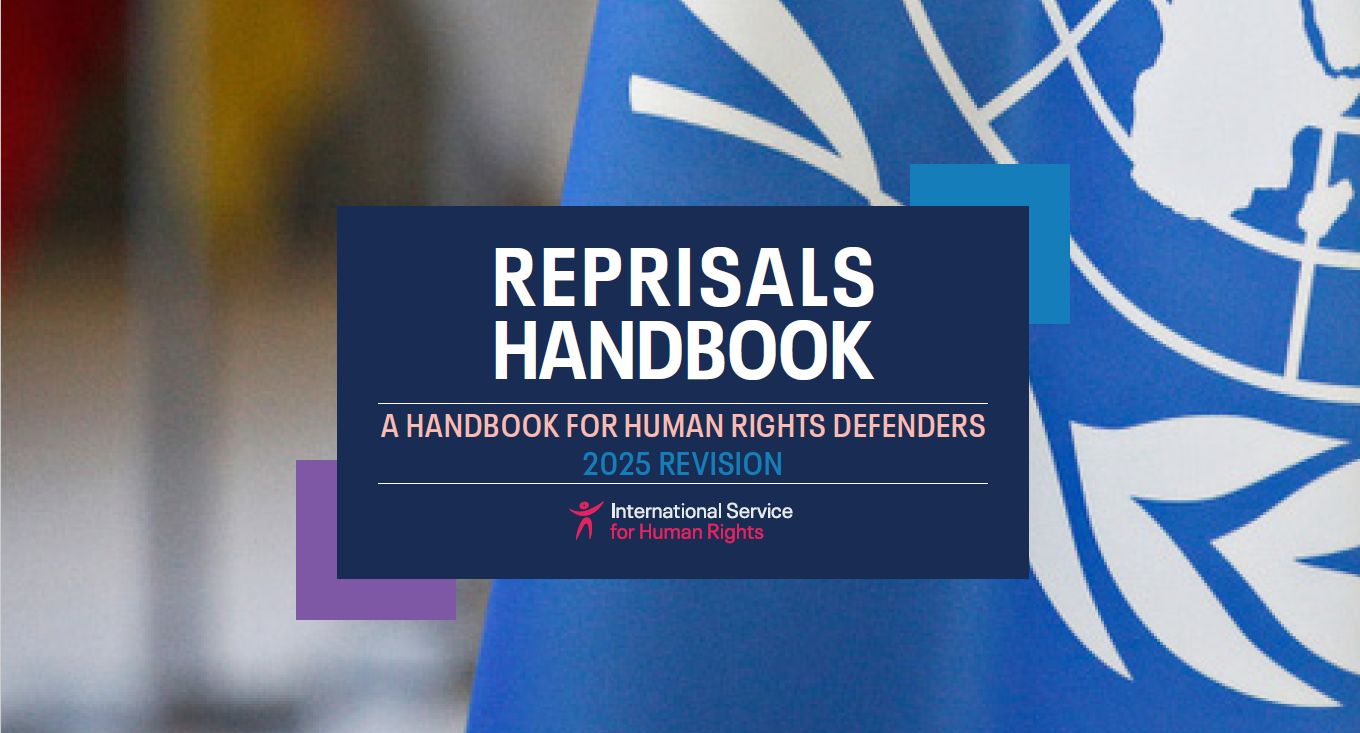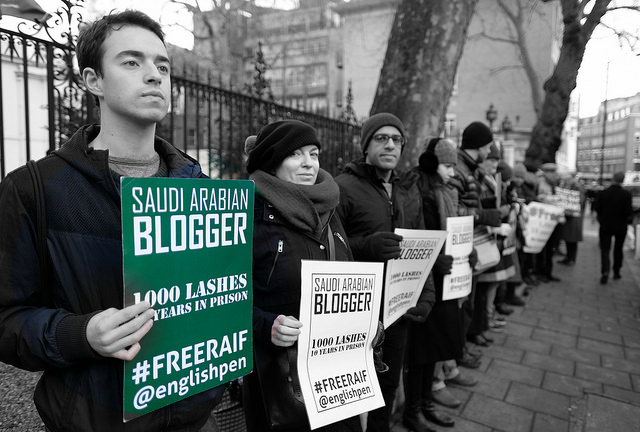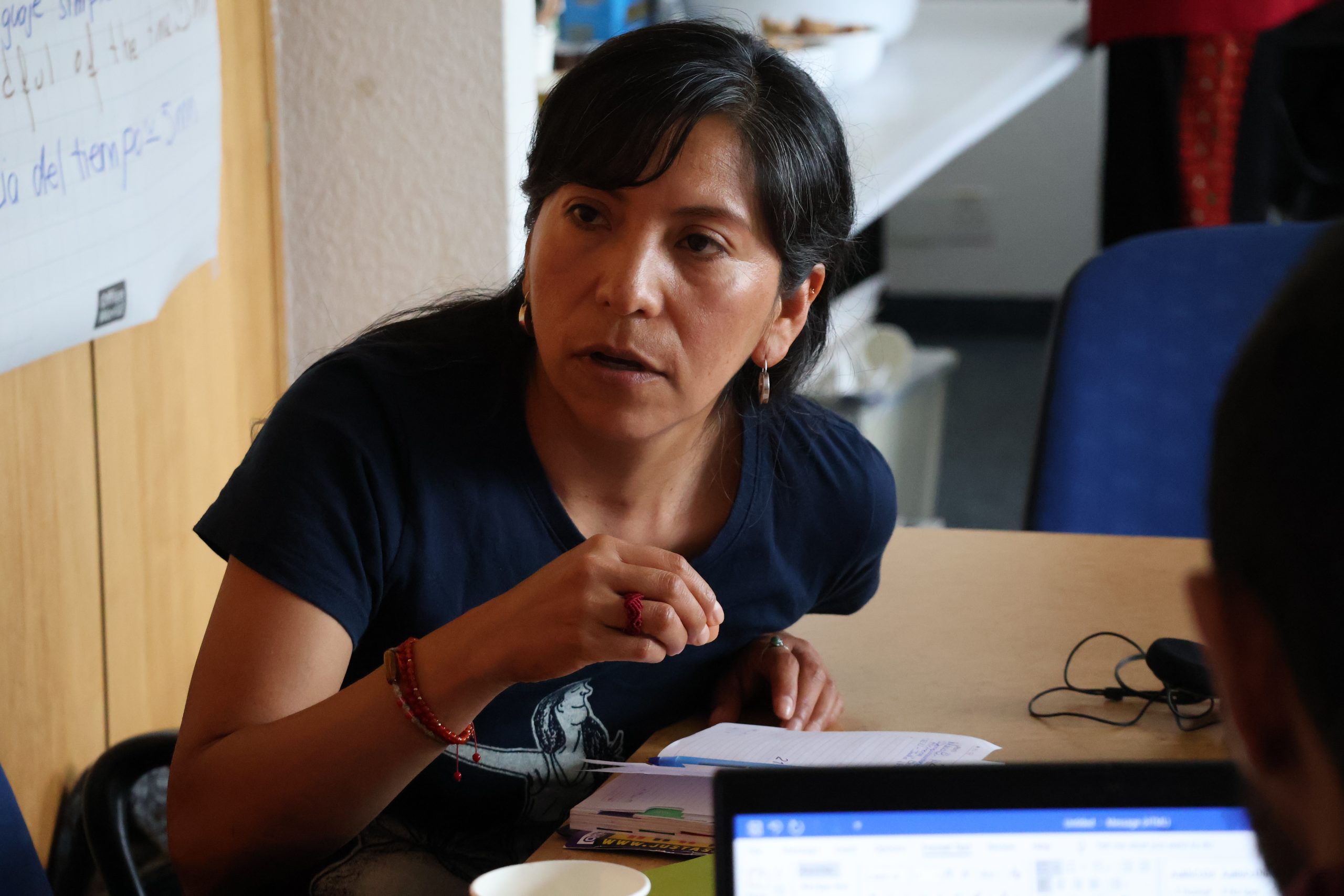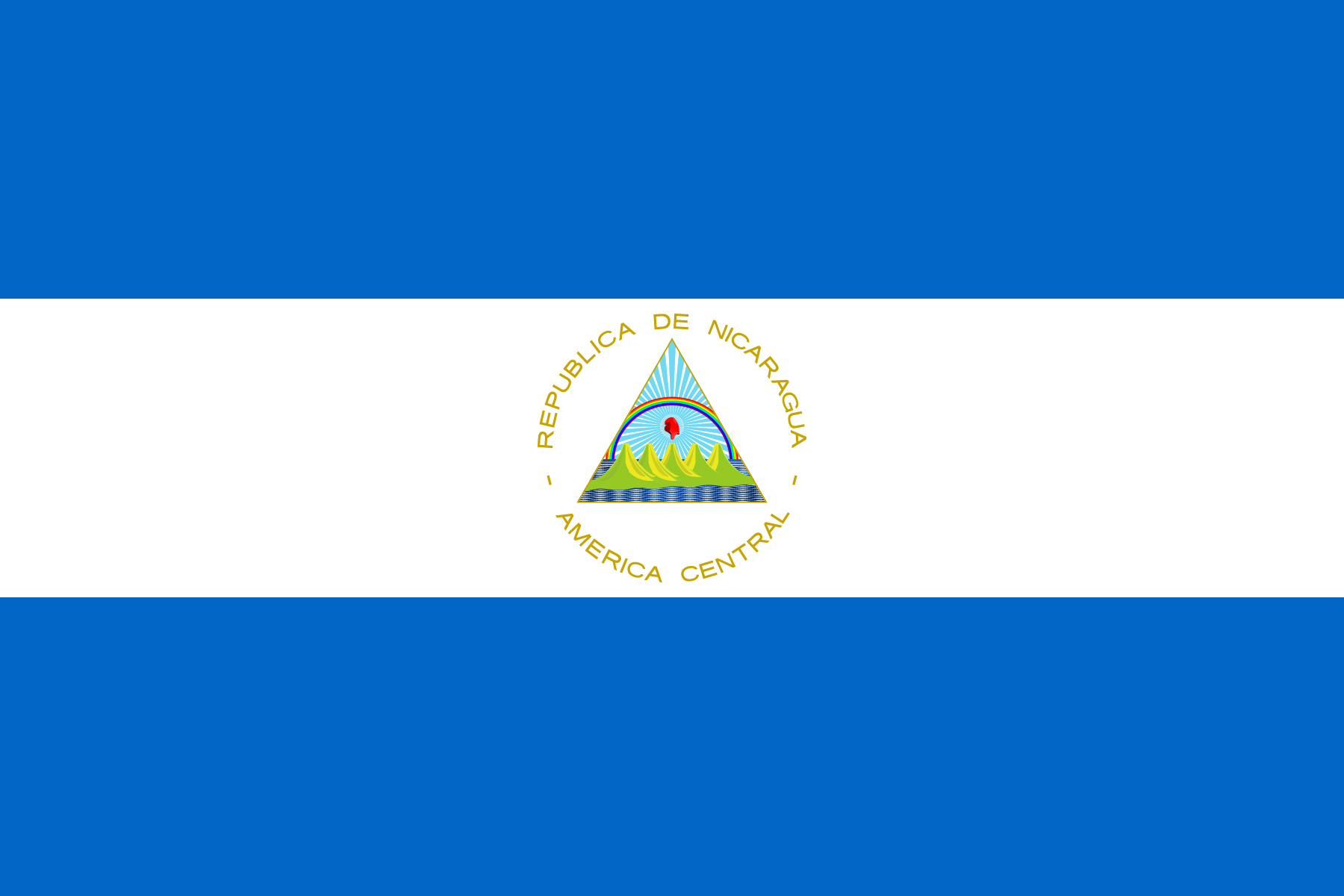Saudi Arabia’s harsh backlash against dissenting voices and human rights defenders is far from new. Fighting for democracy, or to put an end to discrimination or for the rule of law, comes with a heavy price in the country.
In that regard, the end of the driving ban imposed on women this year, should not let us forget that this was preceded by a wave of arrests precisely targetting activists who had advocated for that right. Their names may not ring any bell to the public, yet Noha Al Balawi, Hessa al-Sheikh, Walaa Al Shubbar, Ibrahim al-Modeimigh and many more have sacrificed their freedom ending up in Saudi jails simply for demanding that women be granted the right to drive. Though some of them have been released, others like Loujain al-Hathoul, Dr Eman Al-Nafjan and Aziza Al Youssef arrested in May 2018, are still being detained at the time of writing. Their cases, barely relayed by the media, have only drawn the attention of a few NGOs like ISHR (see our Briefing paper on the issue) and of the UN.
On 21 August 2018, Saudi Arabia’s public prosecutor called for six human rights defenders including Israa al-Ghomgham to be sentenced to death. Should that sentence be confirmed after the trial opening on 28 October, Israa would become the first woman human rights defender to be executed. In July 2017, Saudi’s authorities executed Yusuf Al-Msheikhass, Amjad Al-Muaybed, Zuhair Al-Basri and Mahdi Al-Sayegh for participating in peaceful protests. In May 2014, Raif Badawi, who had been sentenced to 10 years imprisonment, 1000 lashes and a million riyal fine, received the first 50 lashes in public. His crime? Advocating online for more democracy in the country. In April 2014, Fadhil al-Manasif was sentenced to 15 years imprisonment after he forwarded information about protests. He declared that during his pre-trial detention, he had been beaten up, electrocuted and submitted to other forms of torture (including forced standing for extended periods of time).
The list of cases is much longer and goes even further back in time. And it only concerns cases whose details managed to cross Saudi’s censorship walls, as the country attempts to filter information reaching the outside world. The country’s utter disregard for most human rights is indeed an open secret, to say the least. The new worrying trend brought by Jamal Khashoggi’s case does therefore not consist in the victim’s profile (a journalist well known for being against the régime) but in the modus operandi. Encouraged by the relatively mild reaction raised by its practice inside the country, Saudi Arabia does not hesitate to hunt human rights defeders beyond its frontiers. Khashoggi’s case is therefore not a surprise, it unfortunately is a logical consequence of a terror escalation that now seems limitless. Defenseless at the national level, deprived of any real international support, Saudi human rights defenders are now in danger everywhere in the world.
All the more so as Saudi Arabia has a lot of friends across the globe. Indeed, one can hardly understand the country’s sense of impunity and omnipotence in spite of all its crimes against civil society, without first shedding the light on its powerful and unwavering supporters at the international scene.
A shared responsibility ?
Barely three weeks ago, quite a substantial number of foreign businesses and institutions were still ready to participate in the Desert Davos organised by Prince Mohamed Bin Salman, while the Kingdom’s repeated and sometimes bloody attacks against civil society had long been the subject of countless human rights NGO’s reports and documentation. Though still welcome, the massive cancellations following Khashoggi’s case should not obliterate the fact that any entity doing business with Saudi Arabia should have long thought twice before doing so. Let’s still hope that this sudden realisation will lead to longterm awareness.
Including human rights considerations in commercial negotiations is not only an ethical question. It is also becoming a highly economical one. Indeed, starting negotiations for a contract (or an economic forum) and then stepping back due to an international scandal is an effort that the Desert Davos participants could have spared themselves, would they have taken a much closer look at Saudi Arabia’s human rights record. Not that there is any shortage of NGO information on the issue. When human rights defenders are attacked in a country, it is the rule of law that is threatened, which is a cause for instability, a conflicting ingredient with investments and business.
Yet, in addition to flooding Saudi Arabia with endless and profuse commercial exchanges which allow it to financially, and therefore politically, thrive on the international scene while silencing its civil society, some of its allies are also arming it.
Countries like France, Switzerland or the US have indeed, and for long, provided countless military equipment, IT devices or services to the country which is a profitable market for many businesses and state institutions. True that many countries in the world are not necessarily flawless when it comes to human rights, yet this is no excuse to have zero diligence in that regard. At minimum, business entities should adopt a ‘do no harm’ approach and refrain from providing goods or services when they know that these may be used to commit gross human rights violations. In that regard we welcome Germany’s decision to freeze their arm exportations to Saudi Arabia and we hope other countries will follow its lead without further delay.
Given the country’s situation, it is only logical that, be it by their nature (e.g. weapons), or their usage (e.g. surveillance equipment), some goods provided by Saudi Arabia’s many friends are directly contributing to the deterioration of the situation of human rights defenders and civilians in the country.
And even abroad. While it is already going through the ‘world’s largest humanitarian crisis’ in years, Yemen could soon face the ‘world’s worst famine in 100 years’ according to a statement made by the World Food Programme a few days ago in Geneva. Why is that ? Saudi Arabia has been for four years imposing a merciless blockade on the country, preventing it from getting any form of assistance for its civilians. Yet, not only those are deprived from any access to basic services, but the coalition led by Yemen’s governement and Saudi Arabia has been relentlessly targeting civillians through bombings and other abuses.
The Human Rights Council’s Group of Experts investigating on the situation in Yemen has thus declared that some of the violations committed against civilians could amount to war crimes. These violations are being committed with the blessing or silent approval of Saudi Arabia’s international allies, and sometimes with their own weapons. The Group of experts’s report therefore called for an immediate end of these violations.
Now is the time for action
While the trial of Israa Al-Ghomgham is starting in a few days and could lead to the first execution of a woman human rights defender in the country; while Jamal Khashoggi’s family still remains unaware of his body’s whereabouts; while Loujain al-Hathoul is still waiting in jail to know what will become of her, simply for calling for the end of the driving ban on women; it is highly time for the international community to gear up to call on Saudi Arabia to respect its international human rights obligations. Or even better, the international community should take measures since those obligations have long been massively violated. Now is no longer the time for warning and calling. It is time to combat impunity which Saudi Arabia has been enjoying for way too long.
It is not enough for Western countries, Saudi Arabia’s powerful allies, to react to Khashoogi’s case. They should put protracted pressure on the country until profound changes happen for human rights defenders. They should no longer be criminalised, harassed or discriminated against. Their situation should be at the core of Saudi’s allies’ preocuppations.
The UN should launch an investigation on the assassination of Jamal Khashoggi without further delay. International pressure to release all arbitrarily detained human rights defenders should increase until they are all free. Because Saudi needs to understand that gentle nods to Universal Periodic Review recommendations are far from being sufficient (the country having shown a good face at its last examination by accepting most of the recommendations made). These recommendations need to be implemented. We hope the country will take that advice for its next examination and therefore take concrete measures to release all detained defenders. As, for the moment, while a member of the Human Rights Council, Saudi Arabia is far from respecting the highest human rights standards and therefore does not deserve its seat.
Photo: FlickR/Alisdare Hickson




